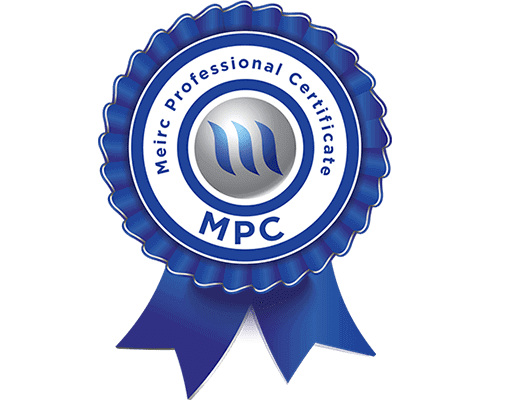
Certificate in Objectives and Key Results (OKRs) - Virtual Learning
Why Attend
One of the biggest challenges for managers is to accomplish tasks effectively and efficiently through and with people. This course looks at the four universal functions of management—Planning, Organizing, Leading, and Controlling—through the lens of Objectives and Key Results (OKRs) to help managers do their jobs better. The course gives participants a number of important management tools that they can use to understand and use the OKR strategy management method. At the end of the course, participants will be able to create an effective OKR framework for their own organizations and put it into action.

